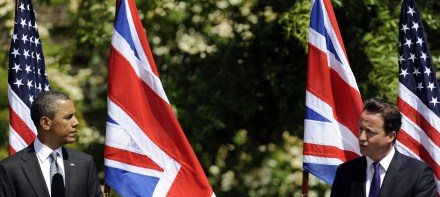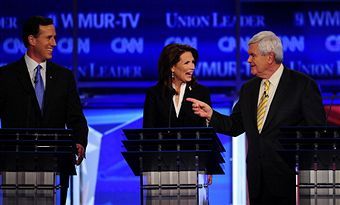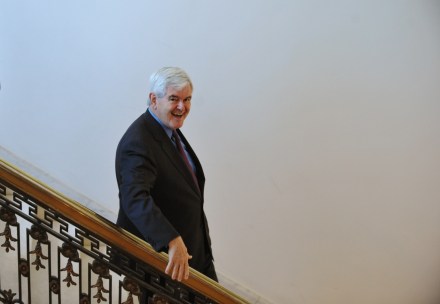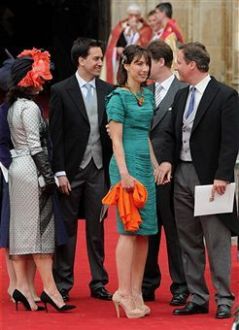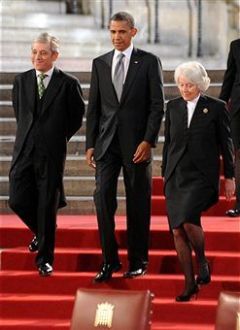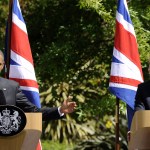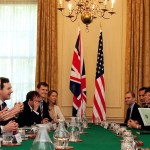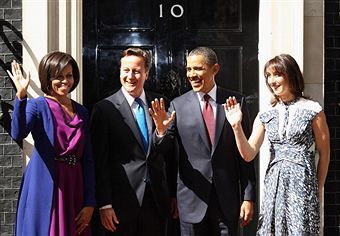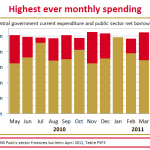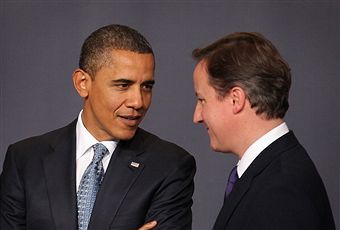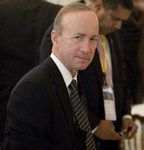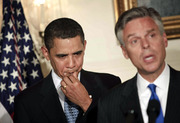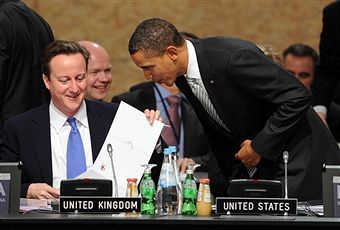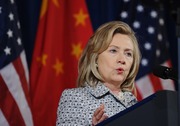Obama draws down his forces
It is as Matt Cavanagh predicted in his article for Coffee House, a few weeks ago. Barack Obama has decided to pull 10,000 of the 30,000 American “surge” troops out of Afghanistan this year. The remaining 20,000 will be outtathere by next summer. “Drawdown,” is the word that the US President used in his address last night, and it is happening at quite a pace. He presented this approach as a victory, suggesting that America has already achieved most of its goals in the country, and that “the tide of war is receding”. But there were one or two revealing notes of concession. “We will not try to make Afghanistan


